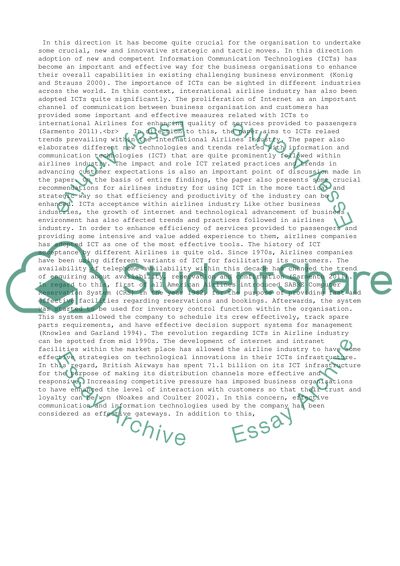Cite this document
(“Role Of Icts For Improving Efficiency And Relevance Of Airlines Essay”, n.d.)
Role Of Icts For Improving Efficiency And Relevance Of Airlines Essay. Retrieved from https://studentshare.org/business/1402657-international-tourism-management
Role Of Icts For Improving Efficiency And Relevance Of Airlines Essay. Retrieved from https://studentshare.org/business/1402657-international-tourism-management
(Role Of Icts For Improving Efficiency And Relevance Of Airlines Essay)
Role Of Icts For Improving Efficiency And Relevance Of Airlines Essay. https://studentshare.org/business/1402657-international-tourism-management.
Role Of Icts For Improving Efficiency And Relevance Of Airlines Essay. https://studentshare.org/business/1402657-international-tourism-management.
“Role Of Icts For Improving Efficiency And Relevance Of Airlines Essay”, n.d. https://studentshare.org/business/1402657-international-tourism-management.


